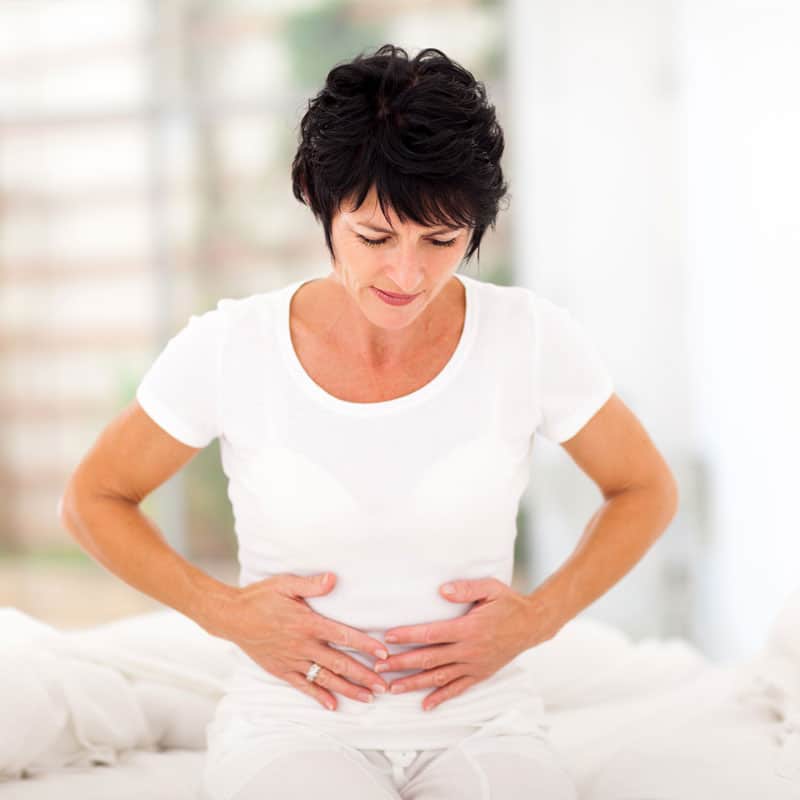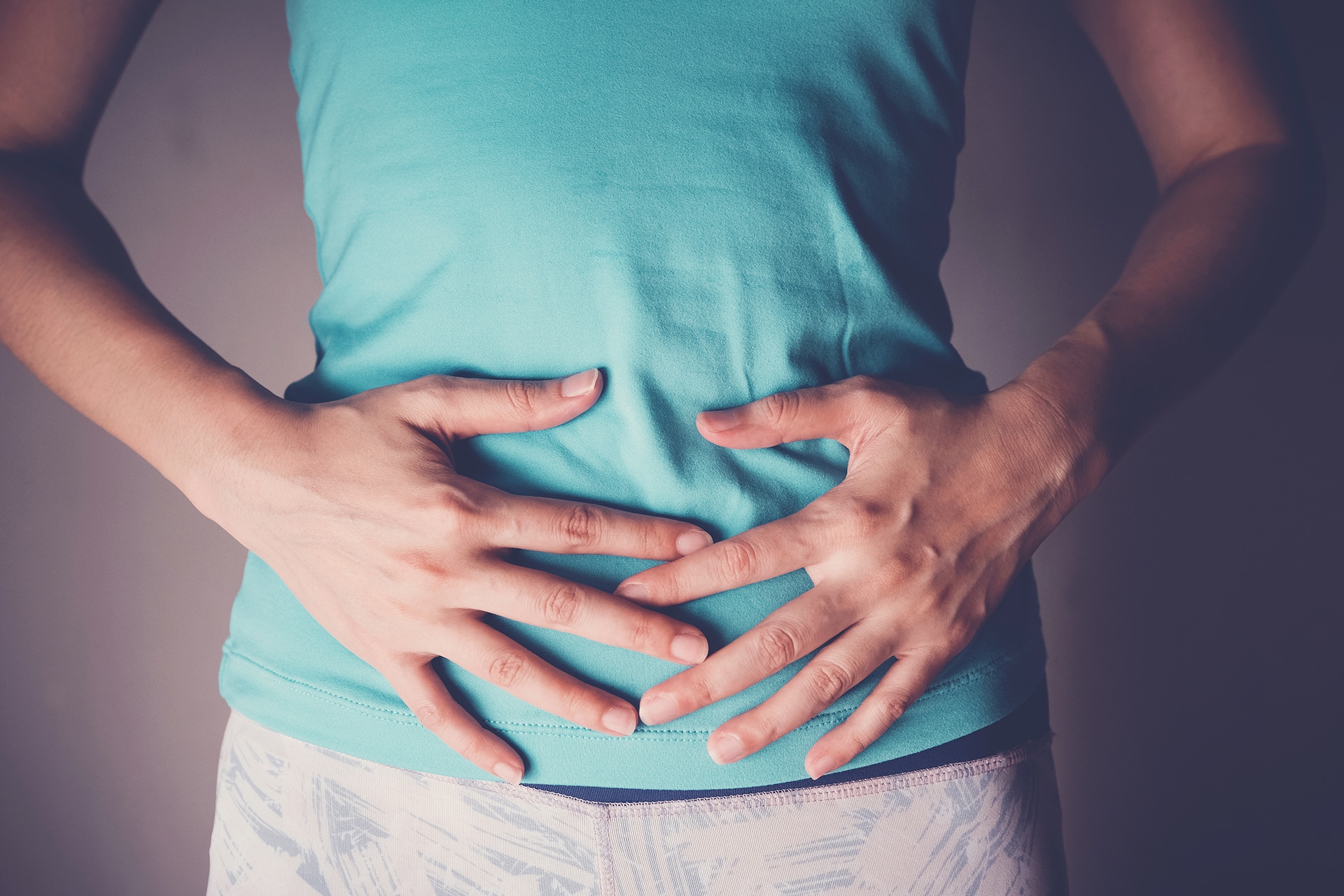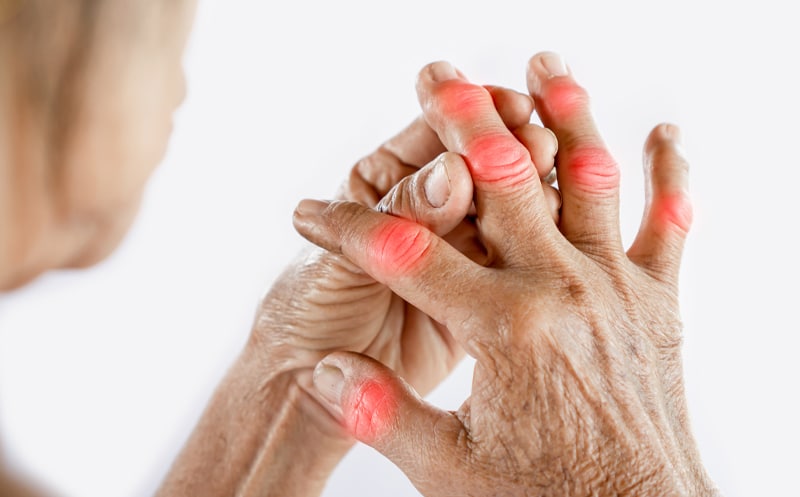Ulcerative Colitis, Crohn's Disease
Get Relief From Inflammatory Bowel Disease
What is Crohn's Disease
Crohn’s disease is another type of Inflammatory Bowel Diseases (IBD). It can affect any part of the Gastrointestinal (GI) tract as compared to Ulcerative Colitis that mainly affects the colon. Crohn’s disease can affect all layers of the bowel wall while Ulcerative Colitis affects the lining of the colon.
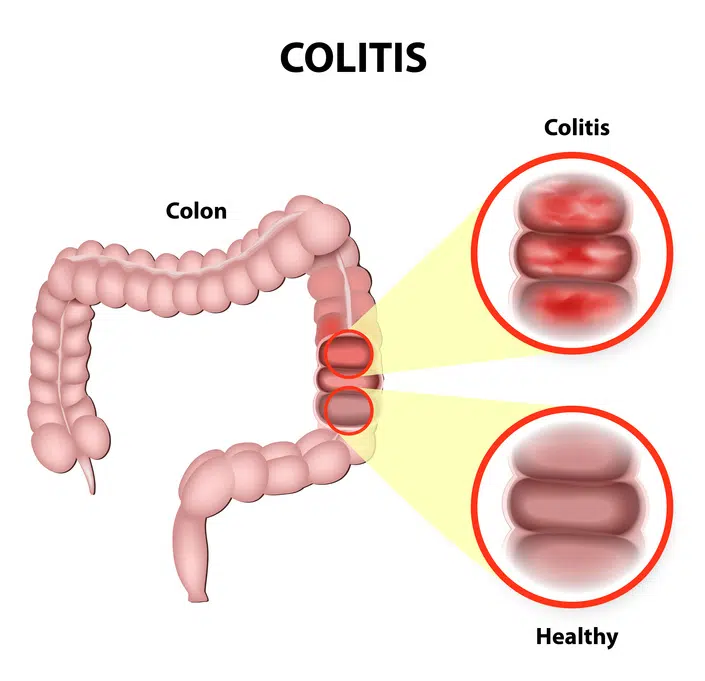
What is Ulcerative Colitis?
Ulcerative colitis is one of the most common types of inflammatory bowel disease. This chronic disease causes inflammation and ulcers in the lower intestine. The ulcers usually form in the lower sections of the intestine, including the sigmoid colon and the rectum; however, it can affect the whole colon. The more area of the colon that is affected, the worse the symptoms can become.
Although experts are not sure what causes ulcerative colitis, they speculate that it may be caused by the immune system attacking normal bacteria within the digestive tract. Other experts believe heredity can play a role in ulcerative colitis. This condition is common along family lines; however, even those with no family history can develop ulcerative colitis.
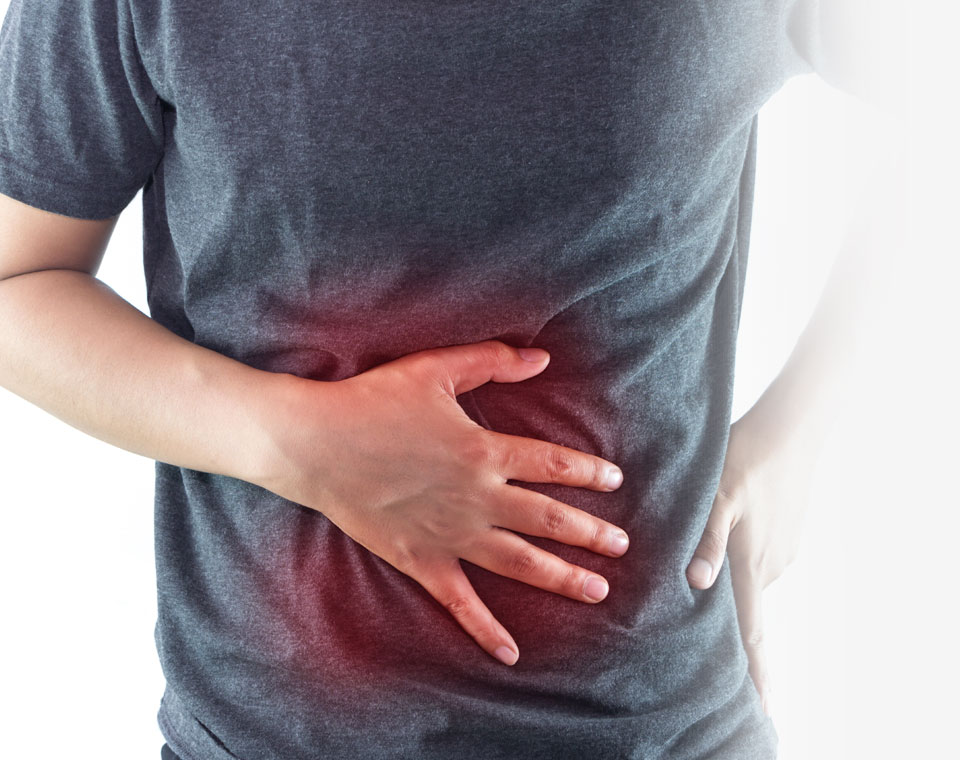
Risk Factors Associated with Ulcerative Colitis
This chronic condition has numerous risk factors. Just as many men as women develop ulcerative colitis over their lifetime. The following risk factors are associated with colitis:
Age – Most cases of ulcerative colitis are diagnosed in adolescents and young adults; however, it can occur at any age. Some surmise this may be due to the eating habits of the younger generation.
Race – Inflammatory Bowel Disease often occurs in those with European and Jewish descent.
Family History – Those who have a family history of inflammatory bowel disease are at an increased risk of developing this painful digestive disorder.
Medications – Medications can increase the risk of developing ulcerative colitis. These medications include oral contraceptives, synthetic hormone replacement therapies and acne medications.
Place of Residence – Where you live can contribute to a higher incidence of inflammatory bowel disease. Those who live in the United States and Europe have a higher risk of developing ulcerative colitis. Experts think this may be due to certain lifestyle factors, including pollution, diet and cigarette smoking.
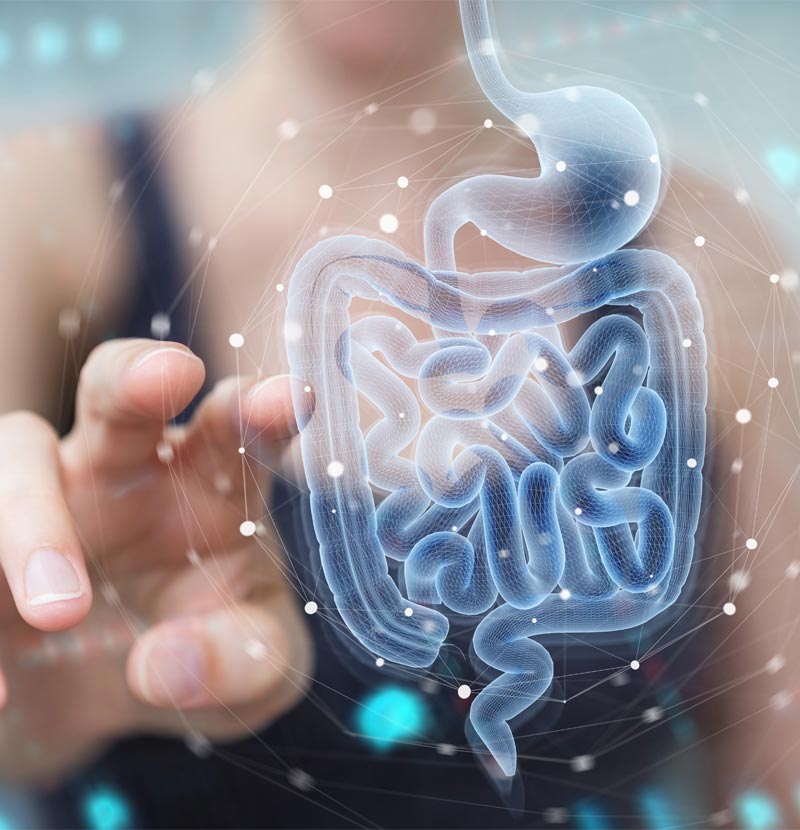
Symptoms of Ulcerative Colitis and Crohn's Disease
The symptoms of ulcerative colitis and Crohn’s vary depending on the amount of inflammation and the location of the inflammation. Most sufferers experience only mild to moderate symptoms. Additionally, many patients have periods of remissions when symptoms subside completely. During inflammation, you may experience:
- Abdominal cramping and Pain
- Constipation
- Diarrhea with pus and blood
- Fever
- Failure to grow in children
- Fatigue
- Rectal bleeding and pain
- Weight loss
Severe cases of ulcerative colitis can cause complications. You may experience severe bleeding that can cause complicated anemia or blood clots. A perforated colon, which occurs when a hole develops in the colon, can cause pain and can lead to colon cancer. Inflammation can occur in your joints, eyes and skin. Additionally, you may experience sores inside your mouth. Finally, severe dehydration, bone loss and liver disease can occur with ulcerative colitis.

Natural Approaches To Treat Ulcerative Colitis and Crohn's
Ulcerative colitis is a painful condition that affects the large intestine, colon and rectum. Here are some natural approaches to ease the symptoms of ulcerative colitis-
- Eating a diet low in fat and low in dairy products can help ease the symptoms associated with the disease.
- Drink plenty of fluids, take a multivitamin and eat smaller meals.
- Practice stress reduction techniques to help prevent a flare-up.
- Herbal remedies can help with the symptoms of ulcerative colitis. Aloe vera can help ease inflammation; however, it can cause diarrhea if you are not careful. Probiotics, turmeric and fish oils also can help improve the digestive tract.

Holistic Treatment For Ulcerative Colitis and Crohn's Disease
Are you unable to manage your symptoms of Ulcerative Colitis or Crohn’s? Our functional medicine practitioners specialize in treatment of Inflammatory Bowel Diseases and can help you restore your GI health and experience a fulfilling life once again. We use a functional medicine approach to help identify root causes and create a customized treatment plan based on your health condition as well as family history, lifestyle, and diet.





